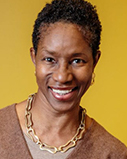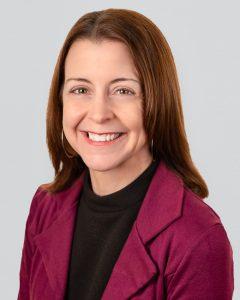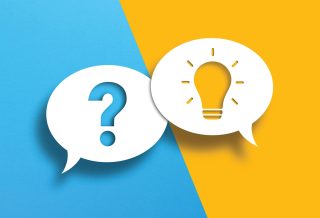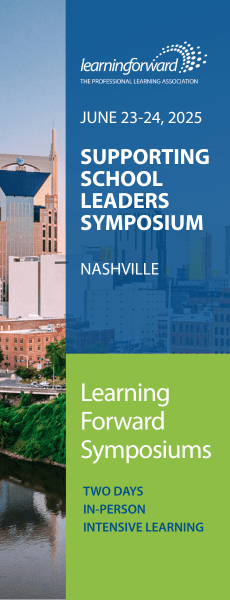FOCUS
Honoring history, cultivating genius
By Tanji Reed Marshall and Suzanne Bouffard
Categories: Leadership, Reaching all students, System leadershipDecember 2021
Read the remaining content with membership access. Join or log in below to continue.
Sed ut perspiciatis unde omnis iste natus error sit voluptatem accusantium doloremque laudantium, totam rem aperiam, eaque ipsa quae ab illo inventore veritatis et quasi architecto beatae vitae dicta sunt explicabo. Nemo enim ipsam voluptatem quia voluptas sit aspernatur aut odit aut fugit, sed quia consequuntur magni dolores eos qui ratione voluptatem sequi nesciunt. Neque porro quisquam est, qui dolorem ipsum quia dolor sit amet, consectetur, adipisci velit, sed quia non numquam eius modi tempora incidunt ut labore et dolore magnam aliquam quaerat voluptatem.
The 5 pursuits of historically responsive teaching
Muhammad identifies five pursuits, or learning goals, from the history of Black literary societies. These five pursuits guide Muhammad’s framework of culturally and historically responsive teaching.
Identity: Teaching students to know themselves and others.
Skills: Teaching students the proficiencies needed across content areas.
Intellectualism: Teaching students new knowledge.
Criticality: Teaching students to understand and disrupt oppression (hurt, pain, and harm within self and the world).
Joy: Teaching students about the beauty and truth in humanity.
Source: Muhammad, G. (2021). 12 questions to ask when designing culturally and historically responsive curriculum. AMLE. www.amle.org/12-questions-to-ask-when-designing-culturally-and-historically-responsive-curriculum/

Tanji Reed Marshall (treedmarshall@edtrust.org) is director of p-12 practice at The Education Trust and a guest editor for this issue of The Learning Professional.

Suzanne Bouffard is senior vice president of communications and publications at Learning Forward. She is the editor of The Learning Professional, Learning Forward’s flagship publication. She also contributes to the Learning Forward blog and webinars. With a background in child development, she has a passion for making research and best practices accessible to educators, policymakers, and families. She has written for many national publications including The New York Times and the Atlantic, and previously worked as a writer and researcher at the Harvard Graduate School of Education. She has a Ph.D. in developmental psychology from Duke University and a B.A. from Wesleyan University. She loves working with authors to help them develop their ideas and voices for publication.
Categories: Leadership, Reaching all students, System leadership
Recent Issues
LEARNING DESIGNS
February 2025
How we learn influences what we learn. This issue shares essential...
BUILDING BRIDGES
December 2024
Students benefit when educators bridge the continuum of professional...
CURRICULUM-BASED PROFESSIONAL LEARNING
October 2024
High-quality curriculum requires skilled educators to put it into...
LEARNING TO PIVOT
August 2024
Sometimes new information and situations call for major change. This issue...












